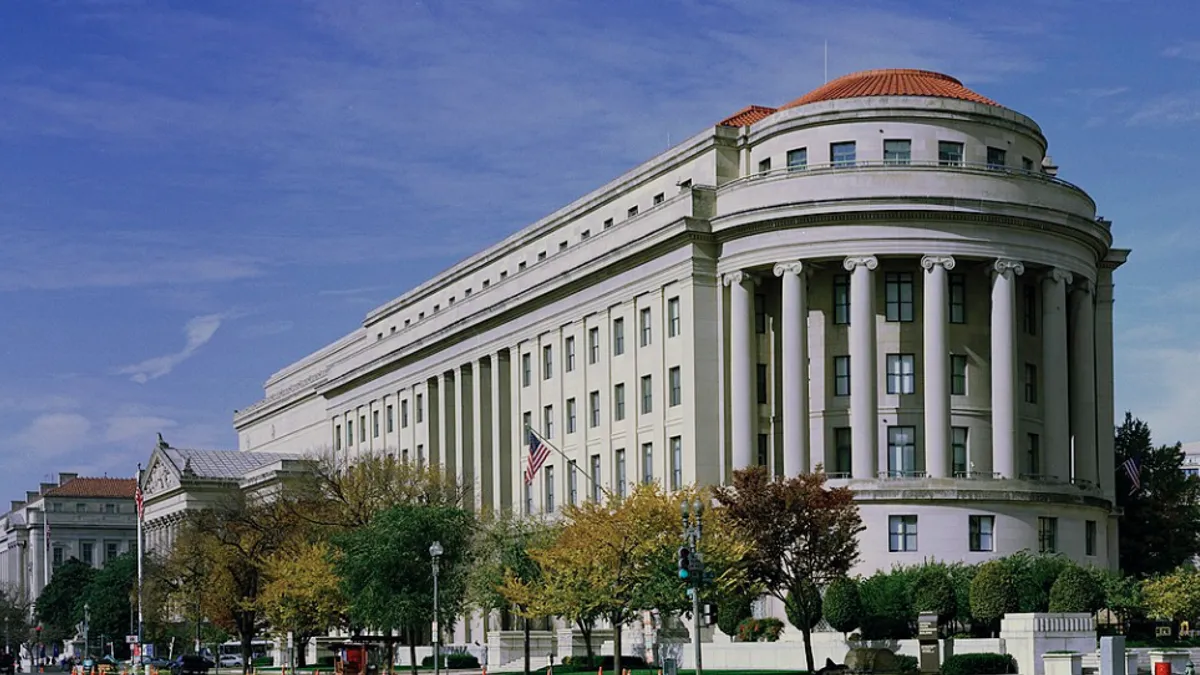President Biden’s interest in looking at anti-competitive business practices through a labor-market lens got a boost last month when the Federal Trade Commission entered into a memorandum of understanding with the National Labor Relations Board.
The two agencies are expected to pay particular attention to practices involving independent contractors because of the increasing role they and gig workers play in companies’ business models.
“While the MOU is broad, we expect the agencies to focus on the gig economy and pursue anti-competitive conduct,” Alba Aviles, an attorney with Fisher & Phillips, says in a memo.
The Department of Justice just a few weeks ago tried to stop a merger between two of the largest book publishers in the United States on the grounds it would hurt independent contractors – in this case, sought-after freelance writers – whose compensation relies on competitive bidding between companies who want to publish their work.
“Post-merger, the two largest publishers would collectively control more than two-thirds of this market, leaving hundreds of authors with fewer alternatives and less leverage,” DOJ said in its complaint.
In trying to stop the merger, DOJ focused solely on the labor-market impact and never alleged the two companies combining into one would hurt consumer choice or lead to higher book prices.
DOJ has also been working on a plea deal with a staffing firm that faces criminal charges for colluding with another firm to hold down the compensation of independent contractors who work as school nurses.
The plea deal, if finalized, would result in the nation’s “first-ever successful criminal prosecution of a workplace-related antitrust matter,” says Fisher & Phillips attorneys in a memo. “It should send a clear message to employers across the country that certain business practices could put your organization — and you — in criminal jeopardy.”
Whole-of-government approach
Under the MOU, the FTC and NLRB would work together to make the federal government a more formidable foe of companies coming together in anti-competitive ways to hold down pay and benefits. It’s part of a whole-of-government approach Biden announced early in his term to combat anti-competitive practices.
All types of labor-market impacts could come under the spotlight, but Aviles thinks gig workers and other independent contractors are the main focus.
“Misclassification of workers in the gig economy, imposition of restrictive noncompete and nondisclosure provisions, and the ‘ability of workers to act collectively’” are high on the priority list, she says.
The Biden administration is already on record saying it wants to take a fresh look at a Trump-era policy that reduces the gravity of misclassifying employees as independent contractors under unfair labor practice law.
Should it end up reversing the previous administration’s approach, the policy will return to what it was during the Obama administration by making misclassification, in and of itself, an unfair labor practice.
“A ruling in favor … will bring a spotlight on the issue and could open a floodgate of ULPs [unfair labor practice actions], union election petitions and other claims from a wide variety of groups of workers across the country currently classified as independent contractors,” say Jon Anderson and Adam Doerr, attorneys with Husch Blackwell.











